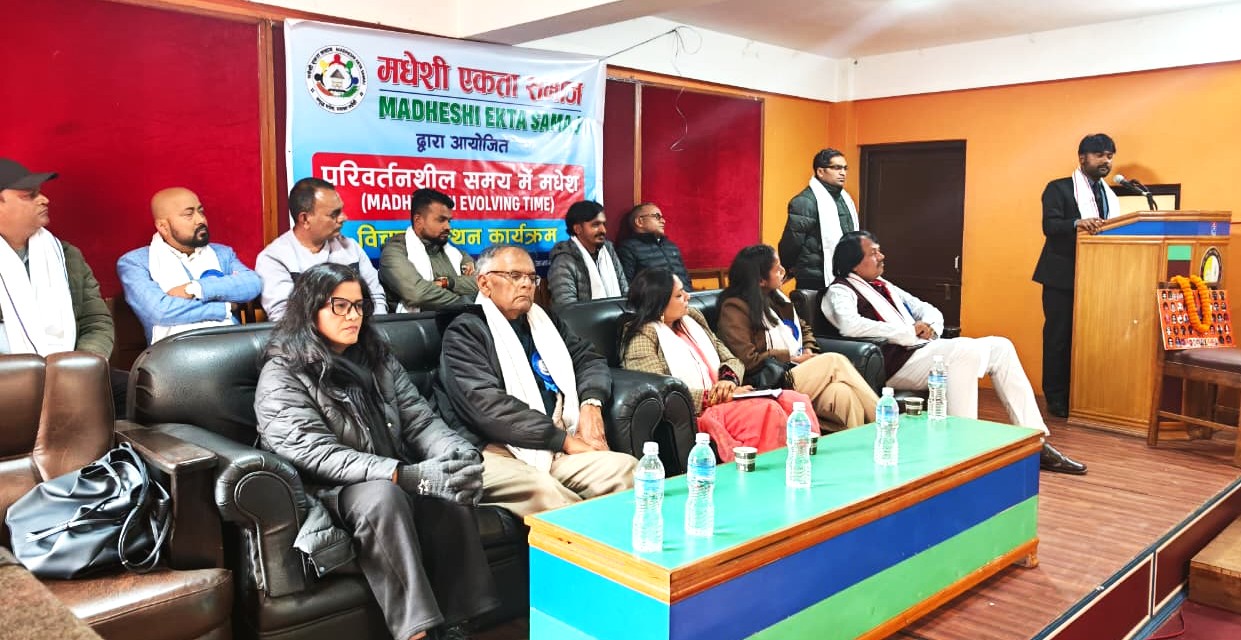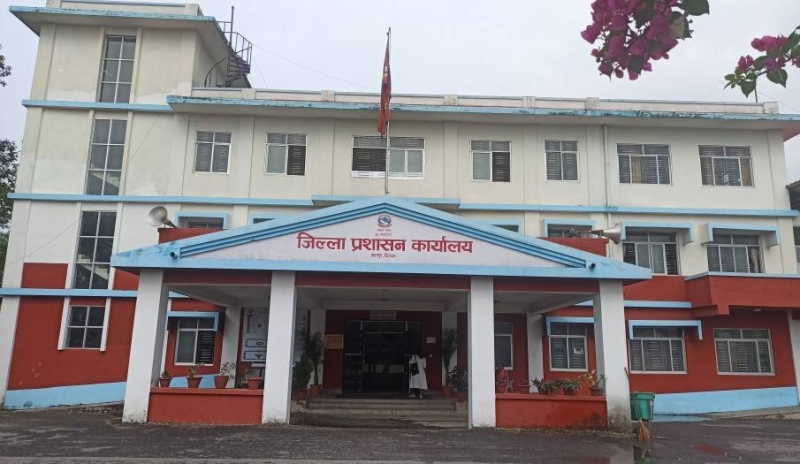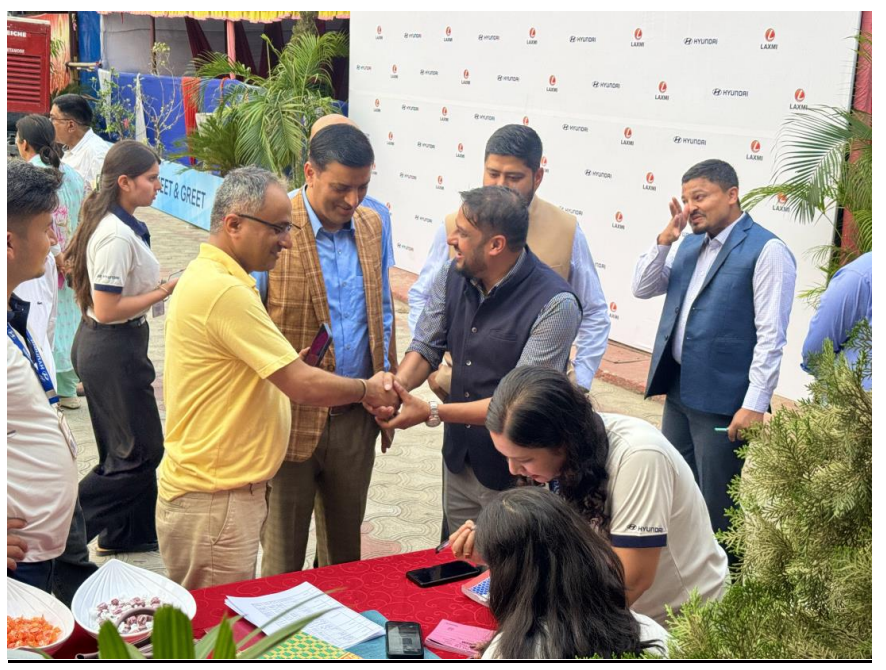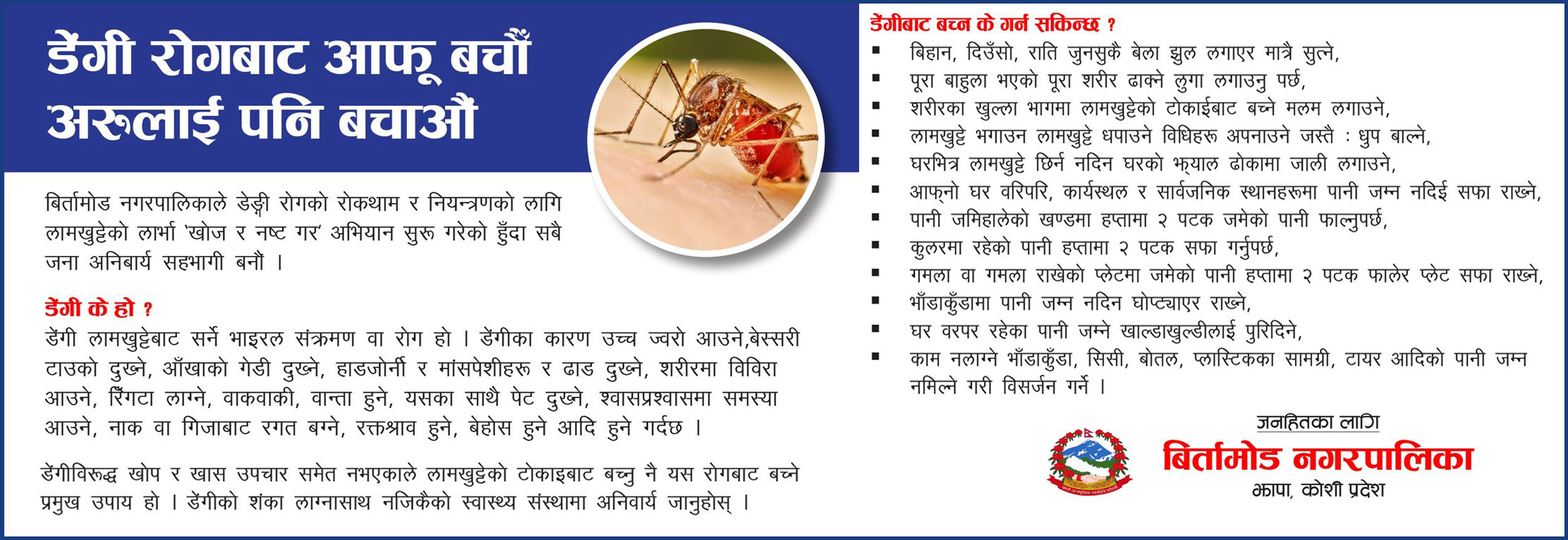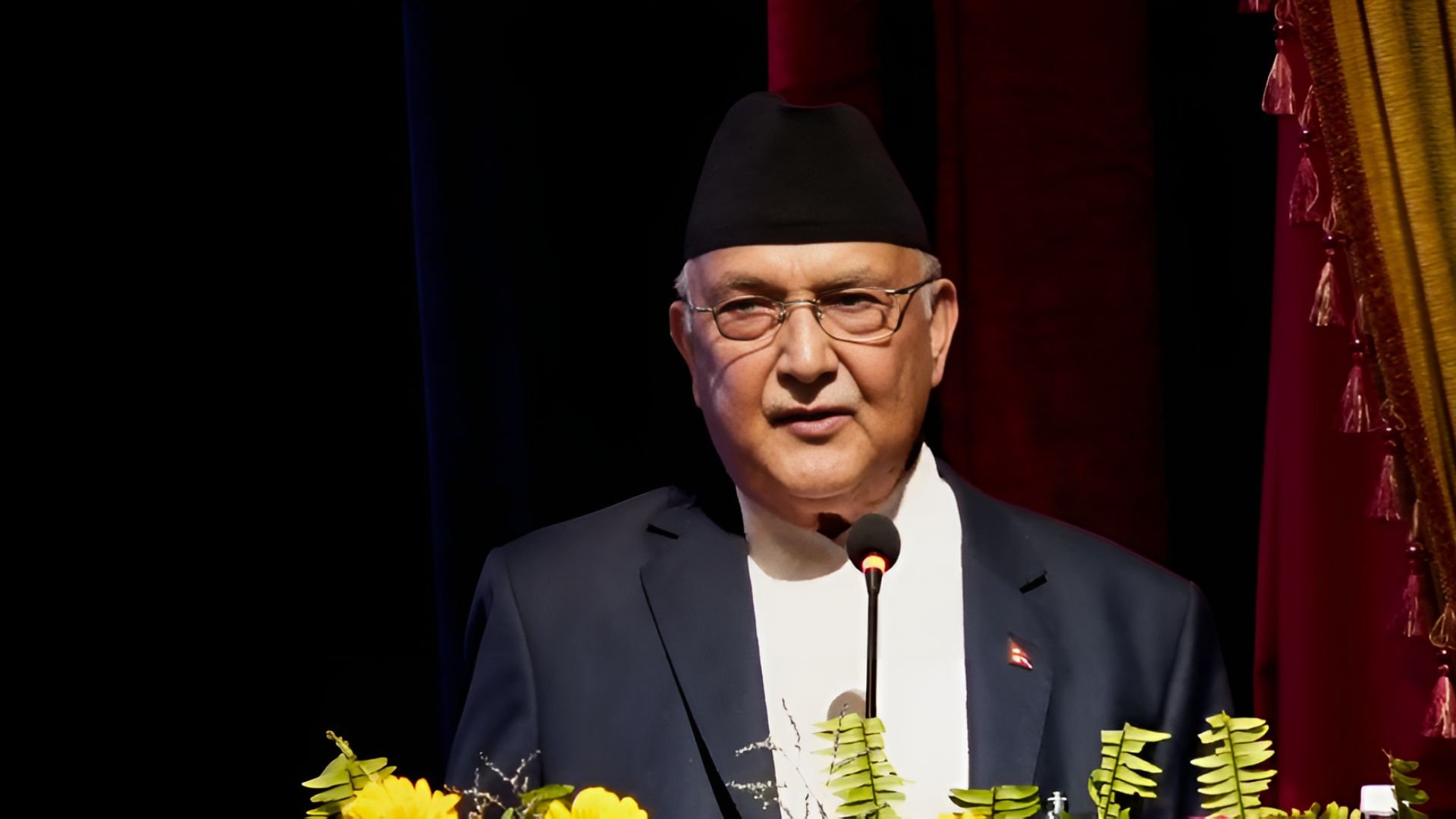
Oli returned to power after signing a deal with Nepali Congress President Sher Bahadur Deuba. The agreement apparently stipulates that Oli will hand over the premiership to Deuba after two years.
During the floor test, Prime Minister Oli is likely to secure votes of two thirds of House members. In addition to his party (78 seats), he will get the votes of the Congress (88), the Janata Samajbadi Party (7), and the Loktantrik Samajbadi Party (4) as these parties have already joined the Oli Cabinet.
Oli is also likely to secure votes from the Janata Samajbadi Party Nepal (5 seats), the Janamat Party (6), and the Nagarik Unmukti Party (4). The combined strength of all these parties is 192, eight seats more than the required two-thirds majority in the 275-strong House.
However, within a week of government formation, Congress General Secretary Gagan Thapa has cast doubt over whether Oli will hand over the prime ministership to his party after two years as per the July 1 agreement between the country’s two largest parties.
Thapa’s remark comes at a time when political observers express doubts over the smooth sailing of the Congress-UML coalition.
Speaking at the 42nd BP Memorial Day on Saturday, Thapa said that Prime Minister Oli, one of the signatories to the deal, should read out the agreement from Parliament’s rostrum on Sunday when the House sits for the trust vote.
“Though it has been said that two parties had reached the agreement on heading the government on rotational basis, the deal is still hidden,” Thapa said. “I am confident that the prime minister will read out the agreement in the House.”
Thapa demanded that Prime Minister Oli assure the Congress that he will pass over the government’s leadership to the largest as agreed.
While stating that his party will honestly implement the agreement, he expressed doubts whether the UML would do that, too.
“On behalf of the Nepali Congress, I can take responsibility that the written agreement between two parties will not be violated from our side,” Thapa said. “We expect the same level of commitment from the UML side.”
However, other Congress leaders said that despite the party general secretary’s scepticism, the party largely trusts Prime Minister Oli to do the right thing.
“There are many agreements between political parties, but they are seldom implemented. That might be why our general secretary doubted the implementation of the latest agreement,” Min Bahadur Bishwokarma, chief of the party’s publicity department, told the Post. “But, this time, we are confident that the deal will be honestly implemented.”
A UML vice-chair tried to allay Congress fears, saying there are no grounds for suspicion over the handing over of the prime ministerial position to the Congress.
“When the UML and the Congress came together to form a government after the second Constituent Assembly election, the two parties had agreed to rotate the prime minister’s chair between them,” the UML vice-chair told the Post, asking not to be named. “As per the agreement, then-Congress president Sushil Koirala became the prime minister first, but when the time came to hand over power, the Congress betrayed the UML.”
History suggests that while the UML keeps its word, the Congress often does not, he said.
Meanwhile, the Congress general secretary and the UML vice-chair both stressed the need to publicise the agreement.
Leaders from both parties say that they decided to join hands with specific goals, mainly ensuring political stability, reviewing and amending the constitution, and giving an impetus to the country’s sluggish economy.
The two parties officially announced that their chiefs had agreed to head the government on a rotational basis and also endorsed the underlying deal through their party committees.
A central work execution committee meeting of the Congress on July 3 approved the two-party agreement, which was also passed by its parliamentary party meeting later. However, none of the signatory parties has revealed the details of the deal.
Other parties in the House of Representatives have also asked the two ruling parties to make the deal public for the sake of transparency.
Some Congress and UML leaders argued that since there is no reason to keep the deal secret, it would be unveiled at an appropriate time.
The Rastriya Prajantra Party (RPP), which was among the parties that voted out prime minister Dahal in a floor test on July 12, has decided not to give Prime Minister Oli its trust votes on Sunday. Its leaders said the secrecy around the July 1 deal had made them doubt the new coalition’s intent.
“We were optimistic that the new government would amend the constitution, for which the coalition was formed, or so they claimed. But, in our reading, the Congress-UML alliance does not appear serious about revisiting the constitution,” Dhawal Shumshere Rana, a vice-chair of the party, told the Post. “Besides, they also have not disclosed the two-party agreement, so our party will vote against Prime Minister Oli’s trust motion.”
RPP has 14 seats in the House.
Earlier, the Maoist Centre (32 seats), Rastriya Swatantra Party (21), and CPN-Unified Socialist (10) decided to vote against Oli in the motion.


